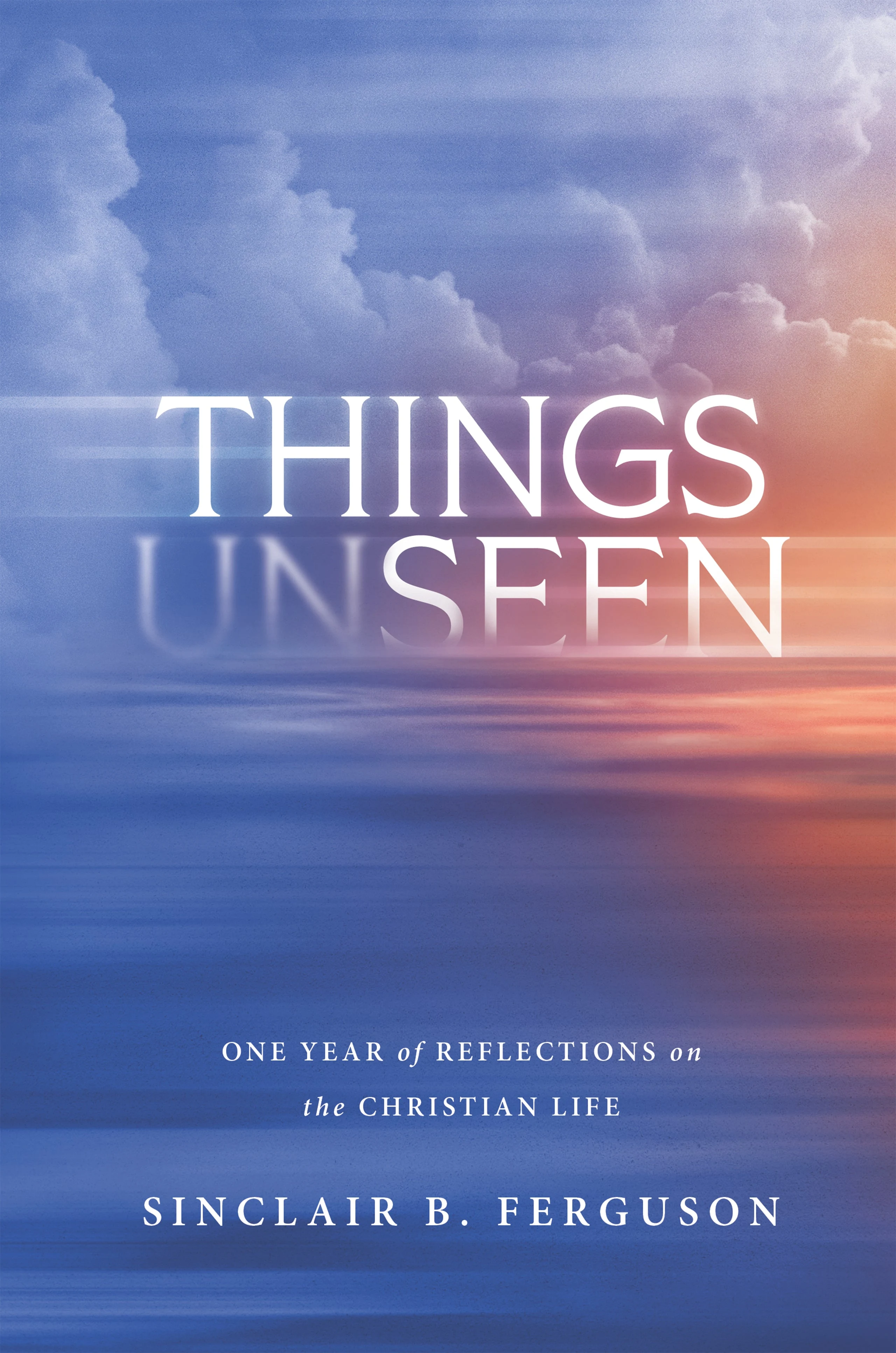Should We Celebrate Christmas?

It’s important for us to understand that there are no special holy days now for believers. In the Old Testament, the life of an old covenant believer was punctuated by holy days because God’s people had national holidays. They had many such days, but they were religious holy days. That is where the word holiday comes from.
Before the Protestant Reformation, the church had created a whole calendar of holy days, Christmas being one of them. The Reformers, especially in my own country of Scotland, reacted against that because it appeared that the church had been insisting on observations that went beyond Scripture—and sometimes against Scripture. And so all these special days came to an end, including Christmas. When the Scottish commissioners went to the Westminster Assembly in the mid-seventeenth century—the assembly where the famous confession and catechisms were written—they were appalled to discover that people were not working on Christmas Day. Even when I was growing up in Scotland, Christmas Day was only a half-day holiday.
I have Christian friends who maintain that old tradition because Scripture doesn’t command us to celebrate Christmas, and therefore, they think that the church shouldn’t. Sometimes rather sadly, that can be expressed in a rather mean-spirited and even spiritually superior way, suggesting that those who do celebrate the incarnation at this time should feel guilty about doing so.
But there are several considerations that have led me to believe that it’s legitimate, appropriate, and helpful for us to celebrate Christmas.
One is this: Scripture doesn’t tell us that our pastors, our elders, or the congregation as a whole, for example, should decide that we will have sermons in September on sanctification, or that the last Sunday in some month in the year will be “Missions Sunday,” or that another weekend will be the church anniversary weekend. Our pastors and elders make those decisions for the spiritual well-being of the congregation. And if we have that liberty, then surely we have the liberty to have a time in the year when we concentrate on the incarnation of our Lord Jesus Christ—thinking about, celebrating, and applying the momentous event of the birth of the Savior of the world.
We have the liberty to have a time in the year when we concentrate on the incarnation of our Lord Jesus Christ—thinking about, celebrating, and applying the momentous event of the birth of the Savior of the world.
We’re not saying that these are special holy days. We’re not binding anyone’s conscience any more than when we have a month of sermons on sanctification. In fact, my general observation is that Christians and congregations that don’t mark the incarnation in this way are actually likely to hear fewer sermons and have less concentration on the conception, birth, and early days of our blessed Lord than those who do. But surely these topics are really important.
There’s something else. It’s often said that Christmas is actually a pagan holiday based on the Roman holiday of Saturnalia. But that is a bit like saying that Reformation Sunday is a pagan celebration because it coincides with Halloween. Some churches started holding a Reformation Day service as a direct contrast with the events associated with Halloween.
Historically, there were similar reasons that Christmas came to be celebrated around the time of the Roman festival of Saturnalia. It was a way of pointing the pagan world to a better story, to an infinitely greater God than the Roman god Saturn. It was saying, “You are worshiping the creature, and we want to encourage you to worship the Creator.” It was meant to be a powerful witness to the incarnate Son of God, our Lord Jesus Christ. And in fact, so powerful was that witness that at least on one occasion a church gathering on Christmas Day was deliberately and maliciously firebombed by Christ’s enemies. Therefore, it’s both muddleheaded and ungracious to say that Christmas is a pagan celebration.
So yes, Christmas Day isn’t any more holy than any other day of the year. Christmas dinner isn’t more sacred than yesterday’s dinner. But like that food, it can be sanctified in special ways by the Word of God and prayer and praise, because the Lord Jesus came into the world to be our Savior.
It’s knowing this that helps us to enjoy Christmas to the full.
Editor’s Note: This article was originally published on December 13, 2024.


